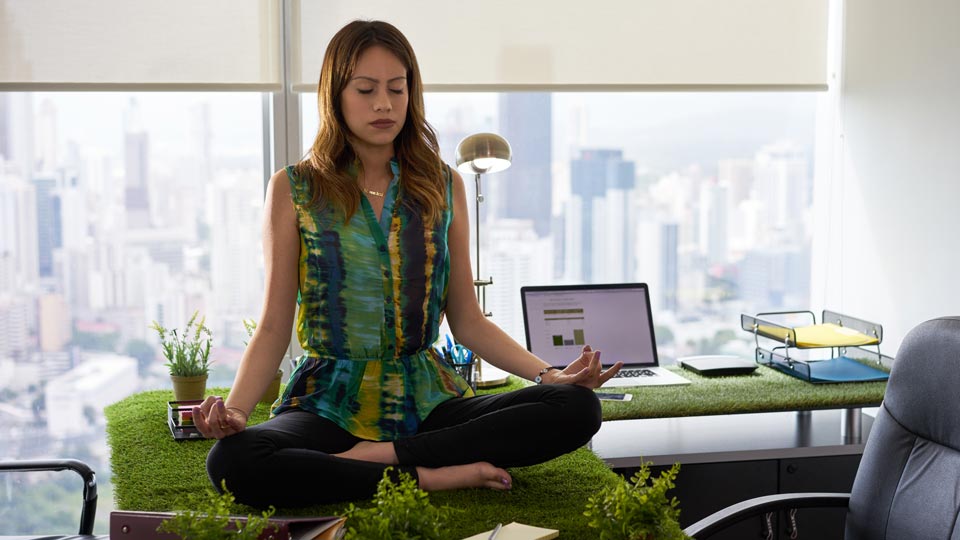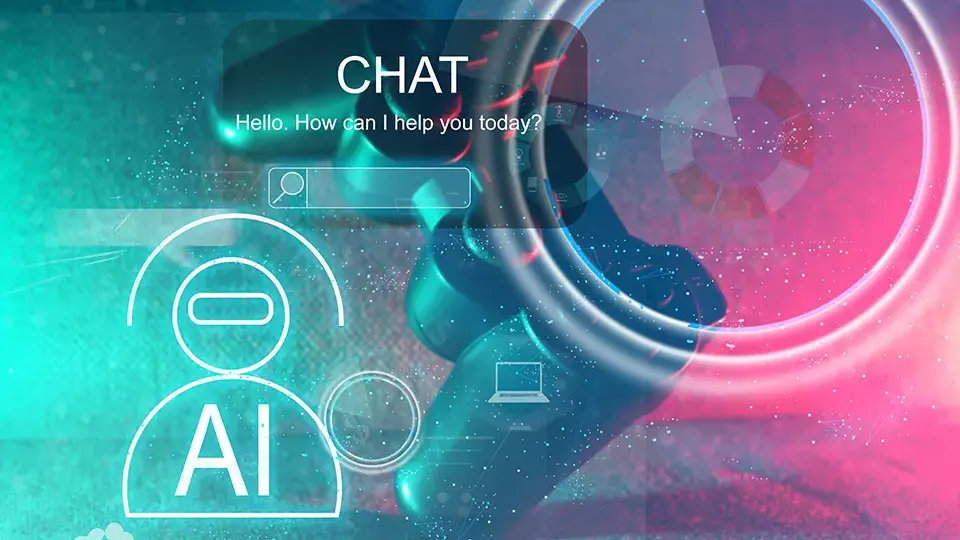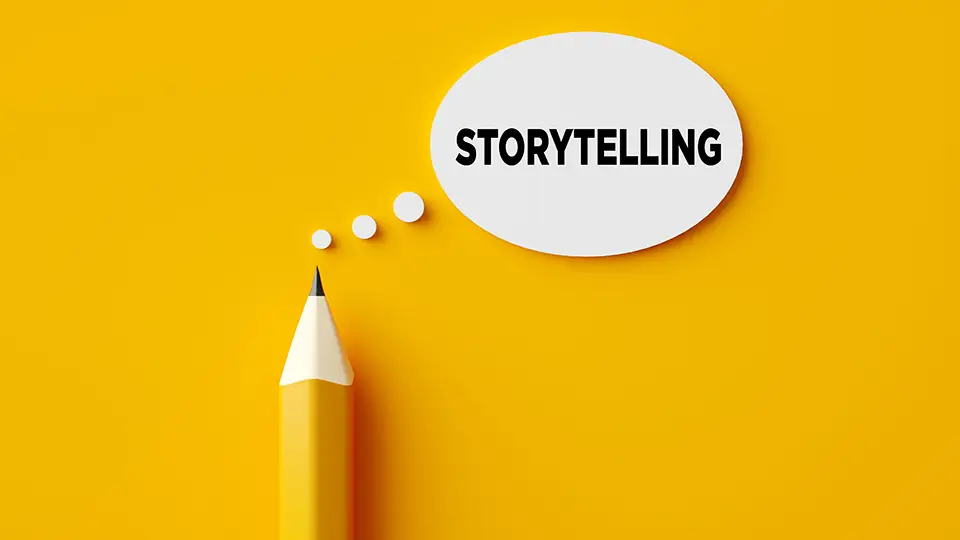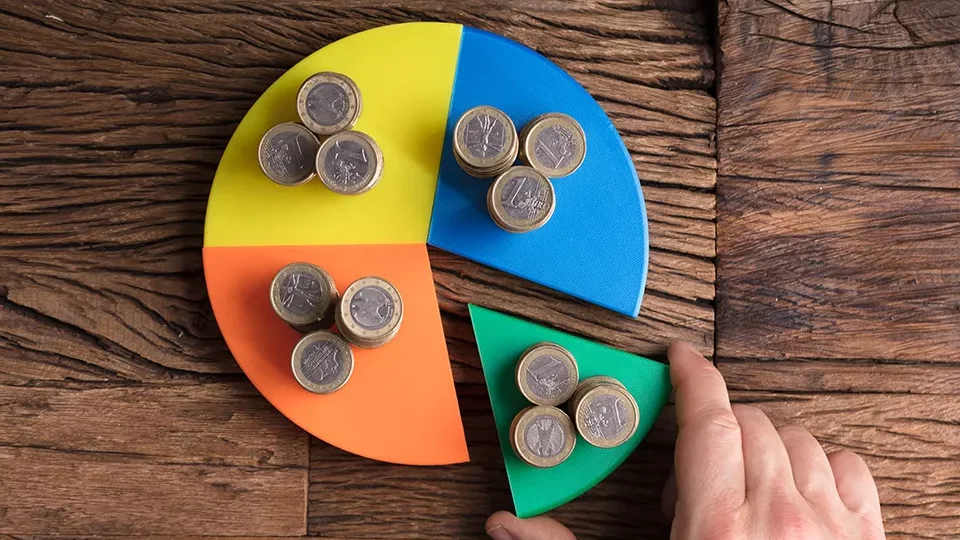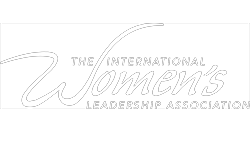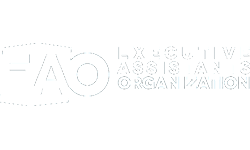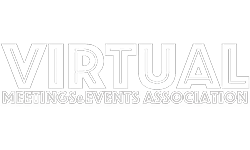At the beginning of February this year, the great American diplomat and senior government policymaker, George Shultz, passed away at the age of 100. Shultz had served under three different presidents at a number of high-stress positions – including Secretary of Labor, Secretary of the Treasury, head of the federal Office of Management and Budget, and Secretary of State, among many other diplomatic and economic posts. How did he remain so active – and so productive – for so long?
It has been revealed that Shultz had a long-standing habit in his professional life. Every work day, for one full hour, he closed his office door, accepted no appointments, and gave his secretary explicit instructions that he was only to be disturbed if his wife or the President needed him. During that time, he’d let the benefits of an uninterrupted mind take hold.
What psychologists and productivity experts have learned is that Shultz was ahead of his time in nurturing all the different aspects of the brain and the way we think – not simply our ability to respond to rapid-fire scenarios with lightning-fast thinking. Researchers now know that in that allowing our brains to wander a bit, it activates our creative thinking centers and reduces our mental and physical responses to stress. Clearly, it was a practice that helped Shultz stay sharp even through decades of leadership.
Today, our interruptions aren’t as simple as closing an office door. Email notifications pop up on our computer screens. Phones beep or buzz with every text message or digital reminder. Daily step counts, new posts on Instagram, automatic doctor appointment widgets, weather advisories… they all clamor for our attention nearly non-stop. Food delivery apps send us promotions in case we haven’t figured out dinner for the evening. Instinctively, we respond to all of them in the hopes that we’ll “get clear” of the ruckus, but the truth is there will always be one more task, unless we make deliberate time and space away from it.
Before you think you can’t possibly “disconnect” for an entire hour, consider this: when constantly bombarded with the decisions, researchers have found that the brain’s higher cognitive functions actually diminish or work less effectively. Our ability to apply higher reasoning and careful thought ends up taking a back-seat to what we sometimes call our “lizard brain.” The stress starts to feel like a life and death scenario,
and so our brain moves into survival mode. Likewise, by practicing scheduled quiet hours, committing to meditation or yoga, jogging outside, cooking, we break that instant gratification cycle and allow our brains a chance to truly reset and move back into our creative problem-solving space.
We’re counting on digital more than ever to solve a lot of our needs, but the need to rest and care for our mental well-being is not a technology problem, it’s a human one. If you’re working from home, create a cozy corner where you can retreat for just a few moments a day. You can start with just a few minutes and work up to an hour. If you’re in an office environment, make it a point to take lunch away from your desk. Even in the company of co-workers, the break from technology allows your brain to wind down from the constant stream of interactions. It may not be easy at first. People will still want to interrupt you, and you’ll still want to check your phone. Be consistent. As you make your digital “time out” a part of your daily routine, others will learn to adjust accordingly. It doesn’t mean emergencies won’t happen – but it does mean your brain will be better equipped to handle them when they occur.
About the VIBE Agency: The VIBE Agency is a Miami-based award-winning full-service production agency that specializes in the creation and orchestration of live and virtual experiences for the corporate industry. The agency is forward-thinking and was recognized as one of the 50 top event companies by Special Events magazine in 2019 and 2020. If it can’t be live, make it VIBE!
